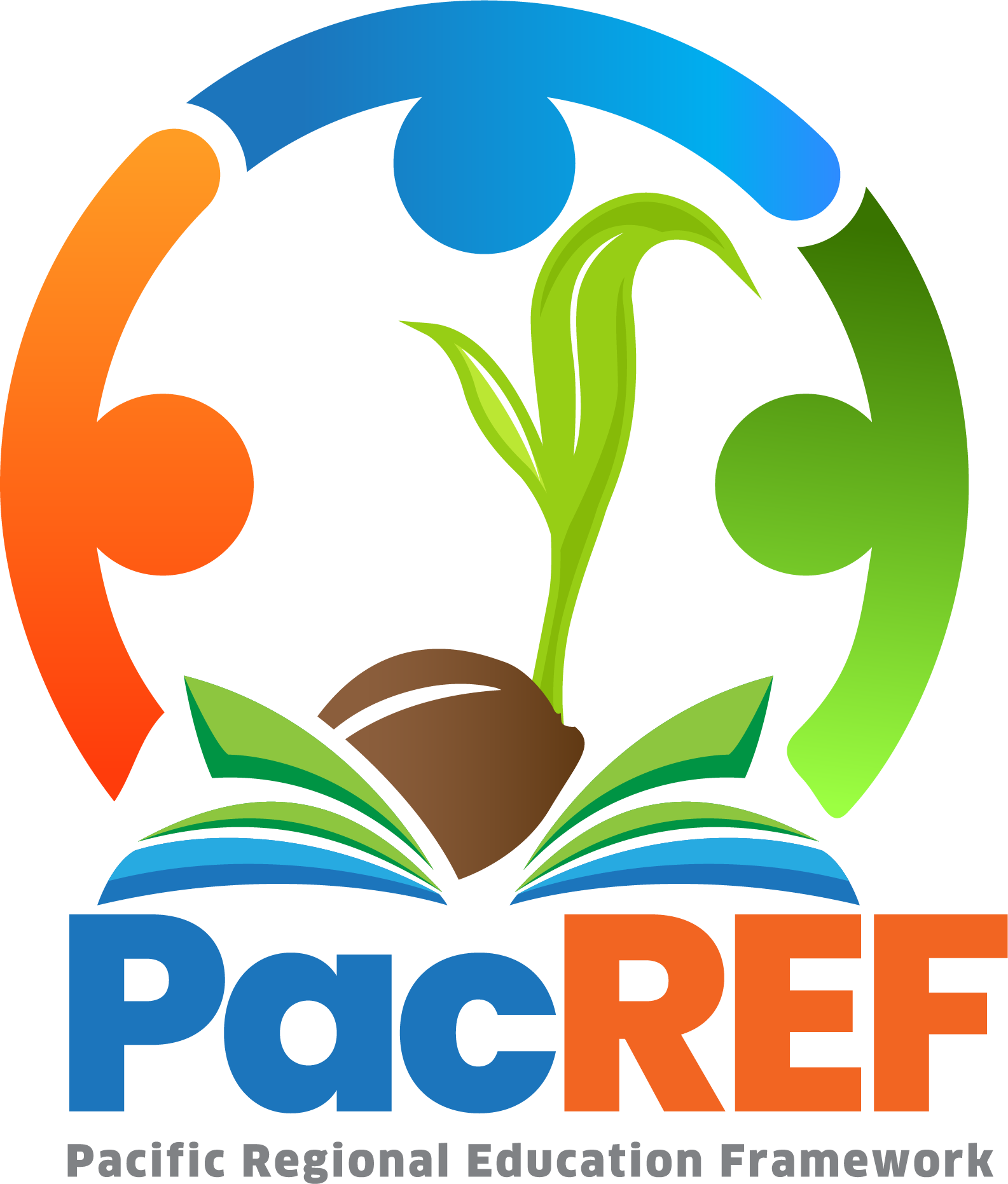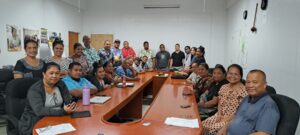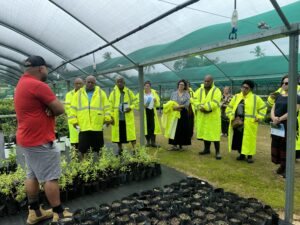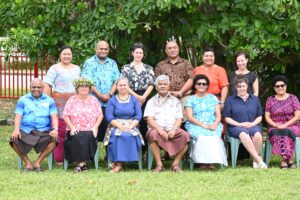The Pacific Regional Education Framework (PacREF) successfully held a regional webinar on 8 September 2022 to commemorate this year’s International Literacy Day under the theme, “Transforming Literacy Learning Spaces,” exploring literacy in the Pacific schooling and higher education perspectives.
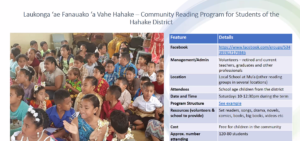 More than 50 participants from across the region participated in the webinar.
More than 50 participants from across the region participated in the webinar.
The PacREF–organised webinar was an opportunity to discuss and share ideas from the Pacific on the importance of literacy learning spaces to build resilience and ensure quality, equitable, and inclusive education for all.
Panelists included Ms Ana Heti Veikune, a Fellow in Curriculum and Literacy (Institute of Education (IOE), USP-Tonga Campus); Ms Linda Wate, Deputy Secretary Teaching and Learning, (Ministry of Education- Solomon Islands); Dr Tangikina Moimoi Steen, Chief Executive Officer, (Ministry of Education & Training – Tonga); Ms Vineeta Prasad, Senior Curriculum Specialist for Primary English (Ministry of Education Heritage and Arts- Fiji) and Dr Fiona Willans, Senior Lecturer in Linguistics ( USP- Laucala Campus).
Speakers shared lessons learned and strategies implemented in the Literacy & Leadership Initiative (LALI) and the Tonga Education Support Activity (TESA) developed by IOE; a community-reading programme for students of the Hahake District in Tonga; Literacy Enhancement Activity Programme (LEAP), and Temotu Literacy Support project in the Solomon Islands. They also shared learnings on literacy projects and assessments for schools in Fiji under the Pacific Islands Literacy and Numeracy Assessments (PILNA) and Literacy and Numeracy Assessments (LANA) implemented by MEHA.
Additionally, the webinar focused on tertiary and teachers’ literacy training programmes offered by The University of the South Pacific that are embedded in the new English for Academic Purposes (UU114).
“It was encouraging to hear our panels of experts from the region share their knowledge and experiences regarding equitable, inclusive and effective literacy learning for children and teachers and receive feedback from participants who were connecting from all over the Pacific, including rural schools of Fiji like Saqani Secondary School,” PacREF Facilitating Unit Coordinator Mr Filipe Jitoko said.
“We look forward to organising more webinars in the future that will allow those in the Education sectors and ministries to come together and share ideas and have meaningful conversations on ways we can assist each other in spearheading education development in the Pacific as a whole – a fitting way to celebrate and observe International Literacy Day!” he added.
According to UNESCO, International Literacy Day is an important reminder of the importance of literacy as a matter of dignity and human rights, advancing the literacy agenda towards a more literate and sustainable society.
Despite progress, literacy challenges persist, with at least 771 million young people and adults lacking basic literacy skills.
Establishing upward trends in the age-appropriate levels of literacy and numeracy for school students in the Pacific region is one of PacREF’s Phase 1 objectives.
PacREF expects to see increasing trends of learners achieving expected levels of literacy and numeracy at all levels of education, in particular by the end of the primary cycle and to provide specific and sustained teacher training on literacy and numeracy at the end of the first phase of the programme.
It also aims to build learners’ capacity in information and digital literacy; conduct research into adult literacy and ensure that national systems employ tested tools and strategies to improve children’s mastery of literacy and numeracy skills.
